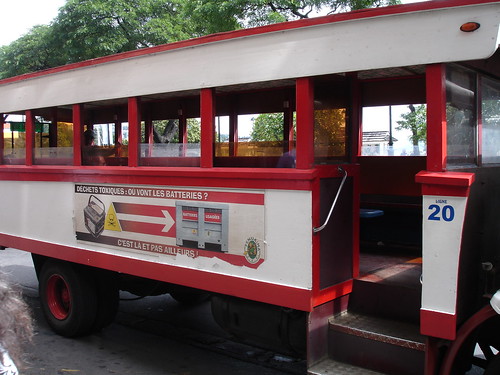Published : 2021 || Format : print || Location : Colombia ☆ ☆ ☆ ☆ ☆ What was it about the country that kept everyone hostage to its fantasy? The previous month, on its own soil, an American man went to his job at a plant and gunned down fourteen coworkers, and last spring alone there were four different school shootings. A nation at war with itself, yet people still spoke of it as some kind of paradise.. Thoughts : Infinite Country follows two characters - young Talia, who at the beginning of this book, escapes a girl’s reform school in North Colombia so that she can make her previously booked flight to the US. Before she can do that, she needs to travel many miles to reach her father and get her ticket to the rest of her family. As we follow Talia’s treacherous journey south, we learn about how she ended up in the reform school in the first place and why half her family resides in the US. Infinite Country tells the...
"My daughter has been here since eleven o'clock, she's here to have her birth activated, and she hasn't eaten anything since this morning."
"It's not our fault everybody decided to give birth today!" the nurse snaps. "They all went to the same party, or what?"
I loved Frangipani. It took me weeks to finish it because I haven't exactly been in a reading mood. But books I read during such phases usually end up getting tossed because they don't hold my attention long enough. But Frangipani was always a delight to come back to. It felt very authentic and Tahitian, with adorable characters, and a very easy-going narrative style.
Frangipani is mostly told from Materena Mahi's perspective. When the book begins, Materena is moaning her partner, Pito's, negligence with money. They already have a little baby boy and Materena just found out that she was pregnant with a second baby. She wants Pito to let her collect his pay but that is out of the question because then he will be made the laughing stock by his friends. He will not see the end of questions like "Who's the man and who's the woman between you and your woman? Who's the noodle? Who wears the pants? Who wears the dress?" if he lets Materena collect his pay. But she does anyway and then doesn't see him at all for a long time, he having decided to leave her.
They reunite weeks later under very humorous circumstances but Materena goes on to take a job as a professional cleaner (very different from just a cleaner, as she reminds us often) to get some extra money. However, her hands are soon going to be tied down once her daughter, Leilani, is born. (She knew it was a girl because she did the needle trick). Much of Frangipani focuses on this mother-daughter relationship and I like to say that the author, Célestine Vaite, got it right. As a child, Leilani worships her mother, but as she steps into her teen years, there is much animosity directed at her mother. Through the years, their relationship evolves, but the sentiments expressed may as well be universal.
There is a lot of Tahitian delight sprinkled through the book. Did you know that Tahiti is not a country but one among many islands part of French Polynesia, and part of France? The people there speak French and Tahitian. Materena says that a woman and a man should not marry until they have been together for a long long time and have had kids together. She also happens to have a very large family, including immediate family and all the many cousins she has. They all live very close to each other so any time she has to go to the Chinese store to buy something, she is sure to meet quite a few of her relatives on the way. As you read the book, you get the feeling that you are meeting almost everyone in Tahiti and they all know each other. It takes only about 2 hours to drive around the island; of course, with traffic that can be more. The "public bus" in Tahiti is called a truck and that's what most of the people there use for transport.
 |
| The Tahitian "bus", called Le Truck. Photo credit via Christopher brown |
Frangipani is actually book one in a three-book series, all focusing on Materena. I cannot wait to read books two and three now. The narrative style of Frangipani is a little unique - it read more like a chronological series of essays than a continuous narration of a story. It worked well for this book because of its very quirky narration and humorous tone. The author has definitely drawn the picture of her hometown very well - it is hard not to picture the characters or their circumstances in your head. It has scored all the points in my book - storytelling, story, characters, voice, and culture authenticity.
I borrowed this book from the good old library.
Armchair reading in Tahiti


Comments